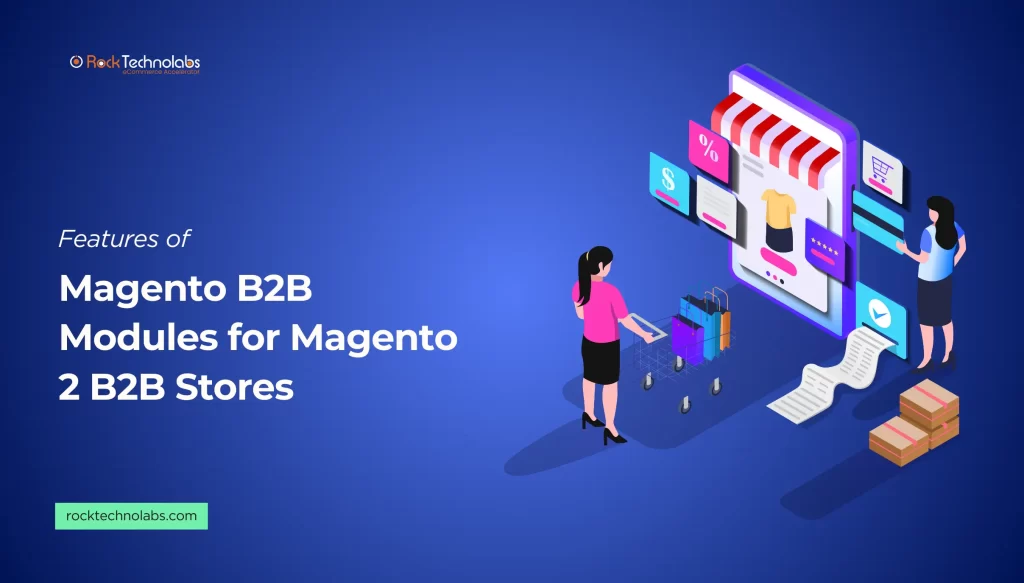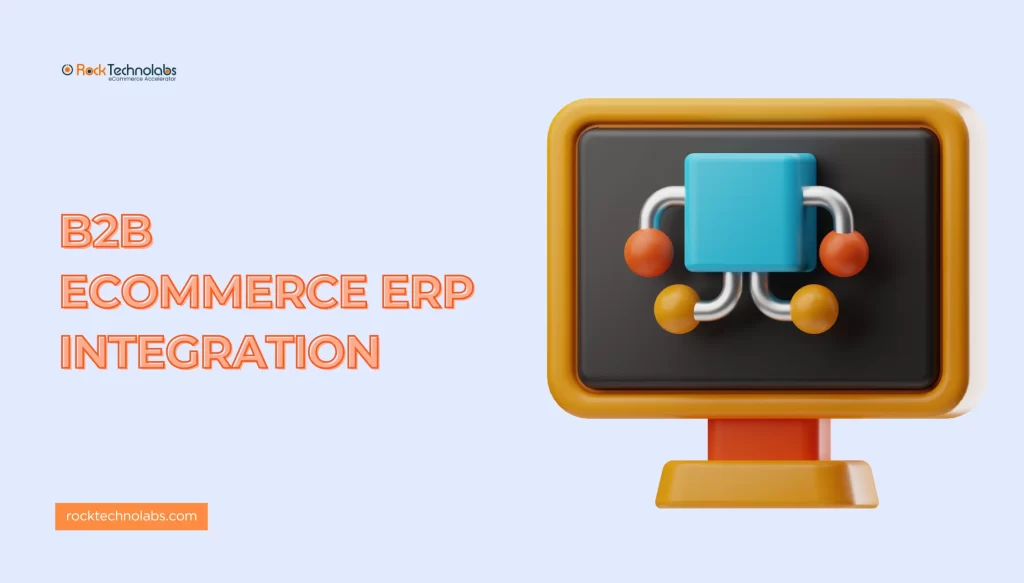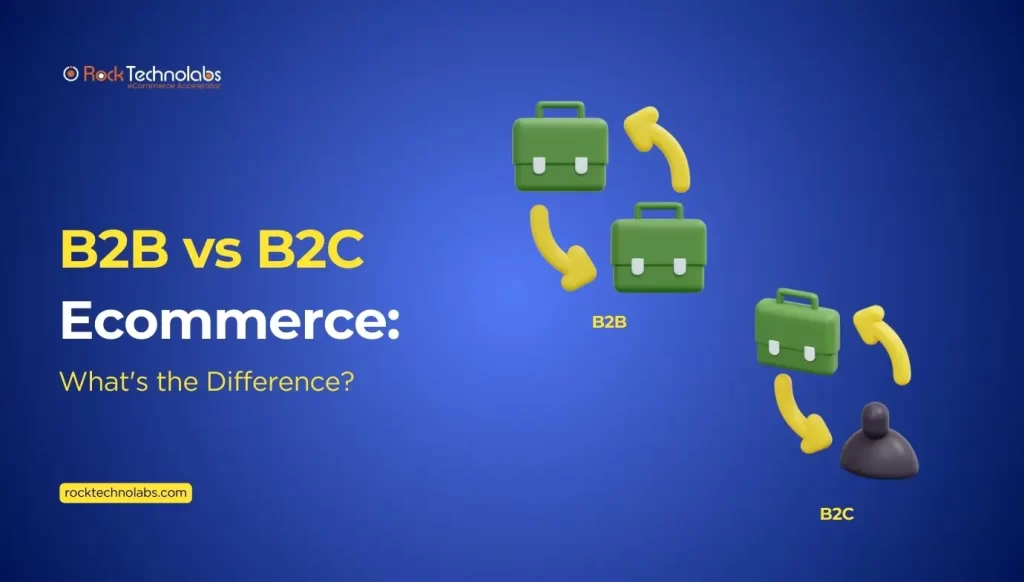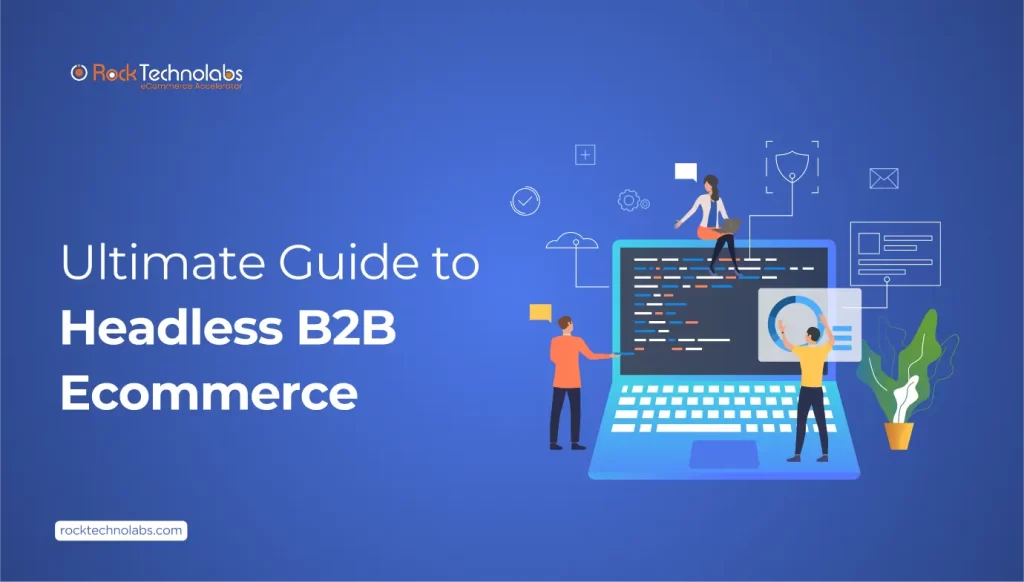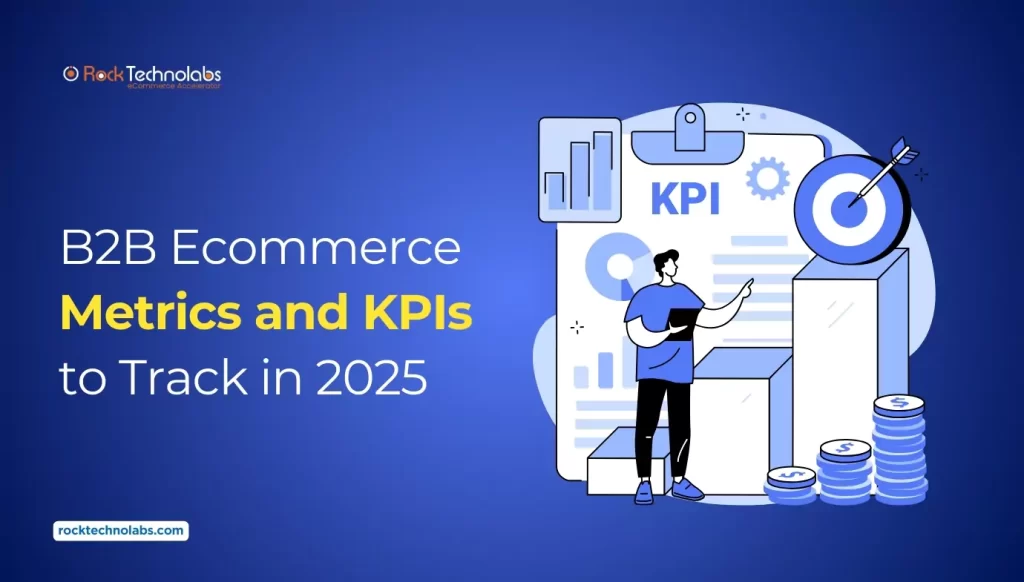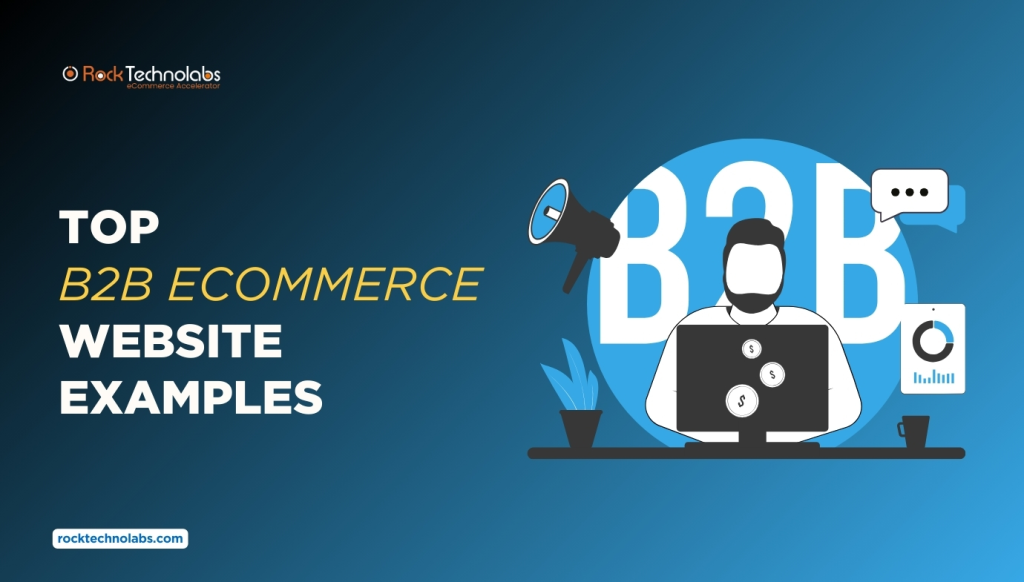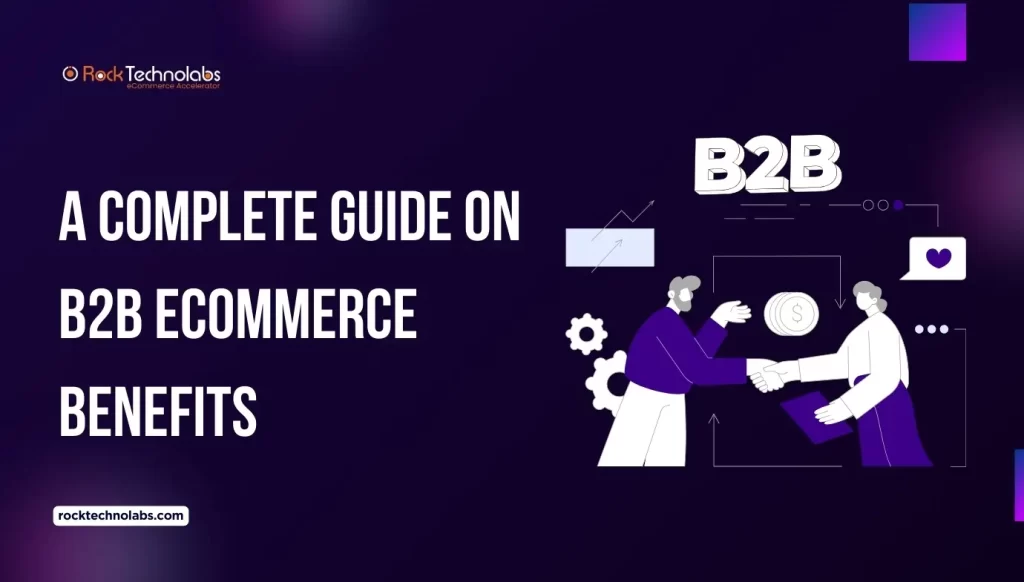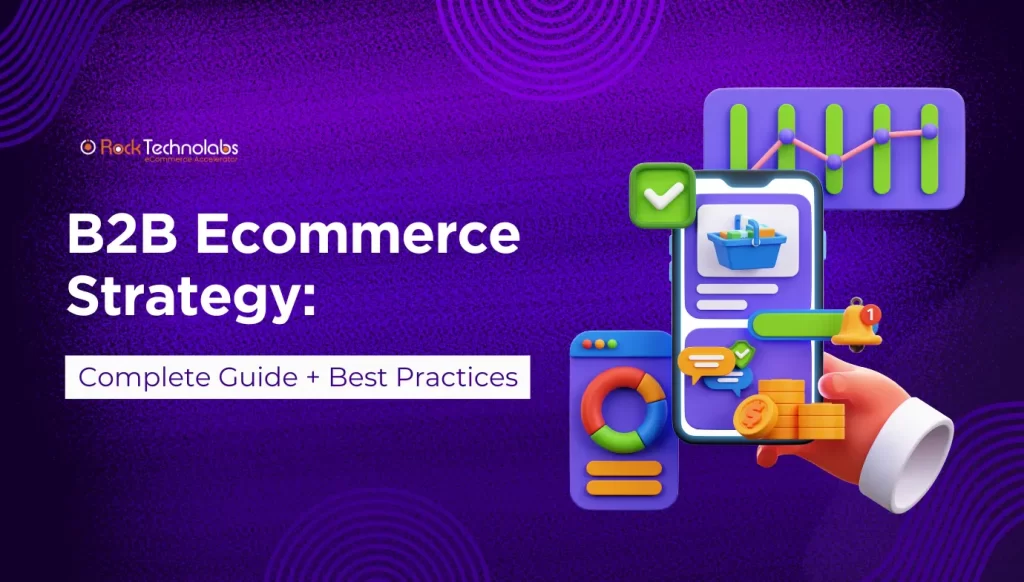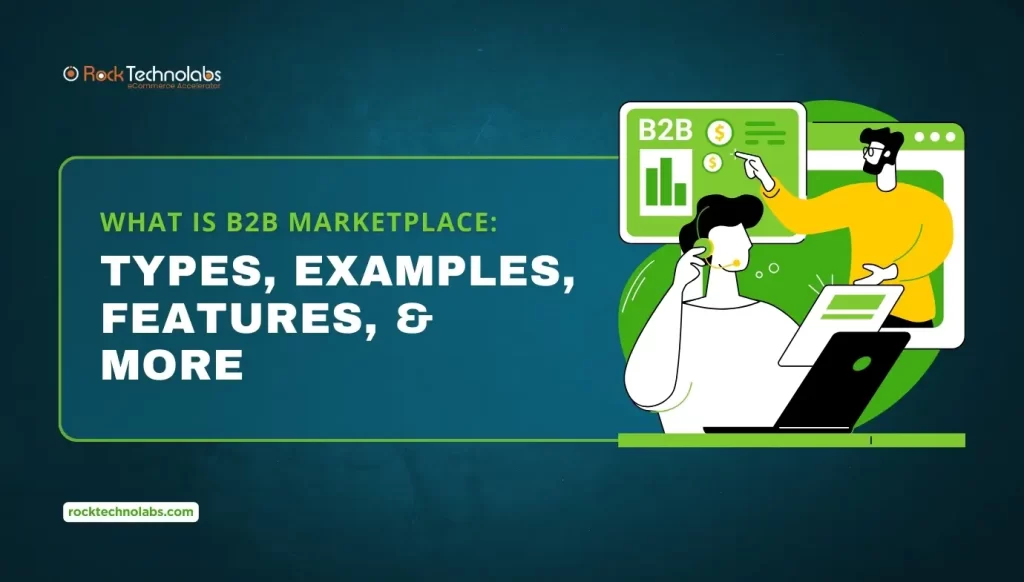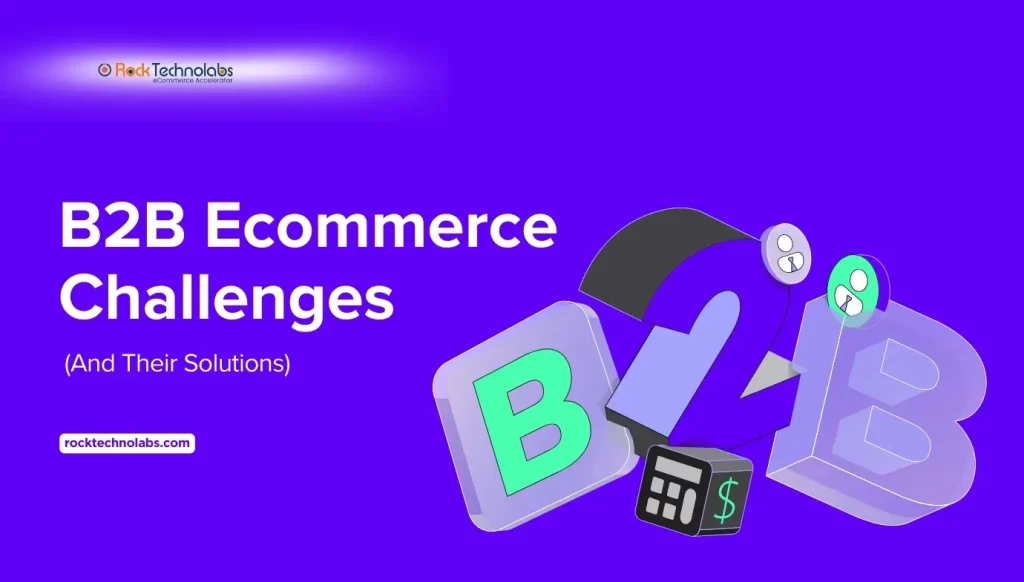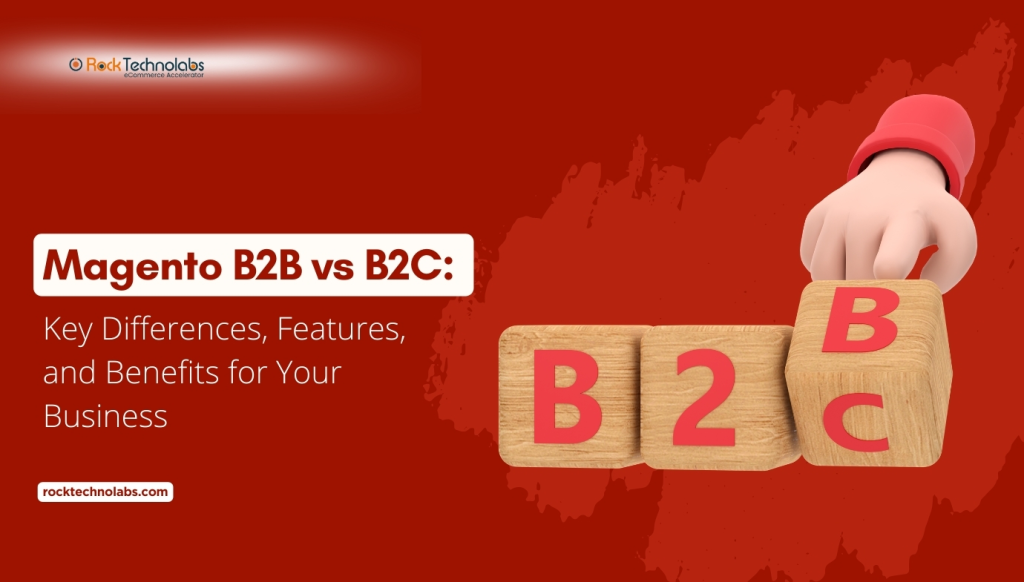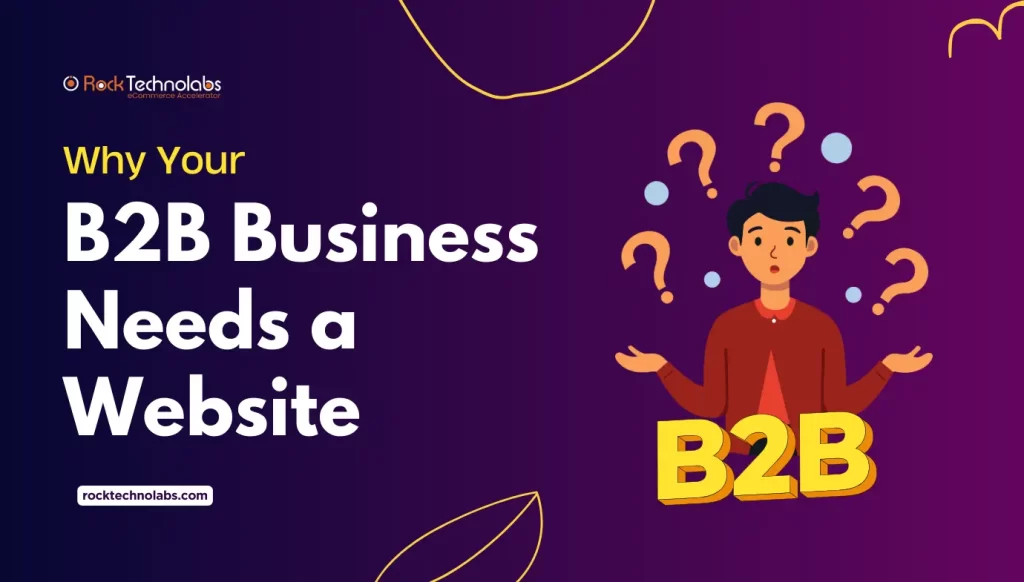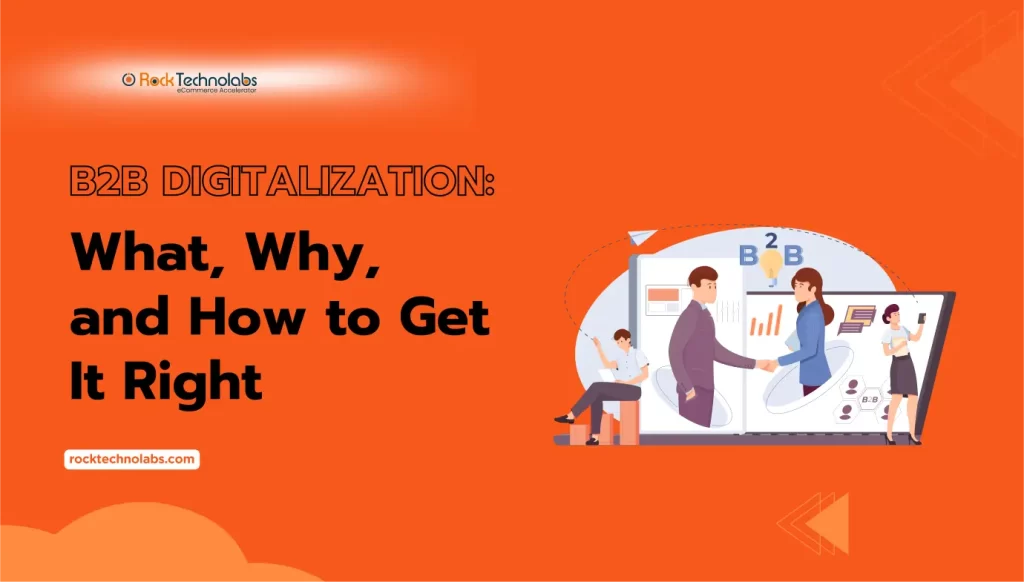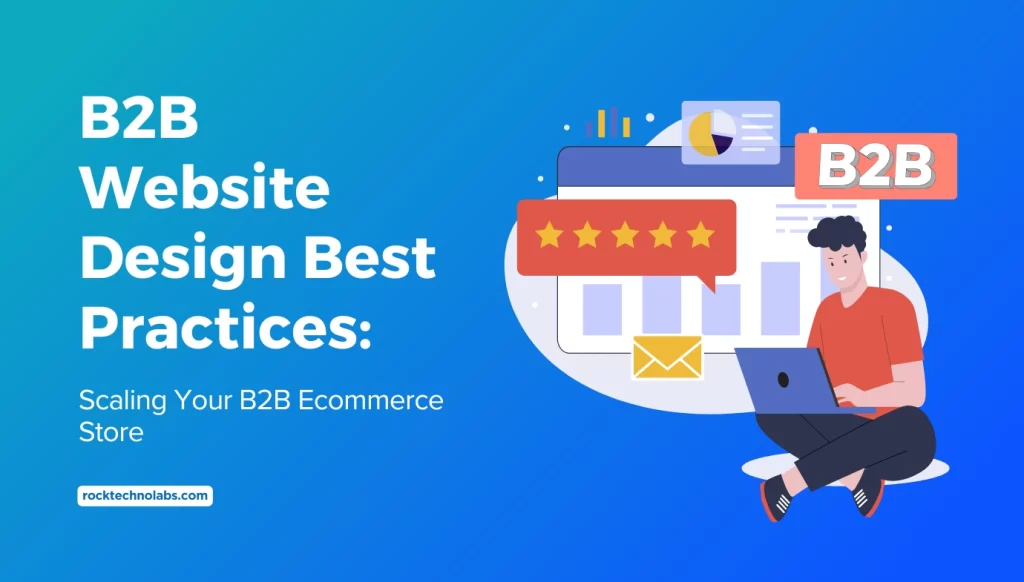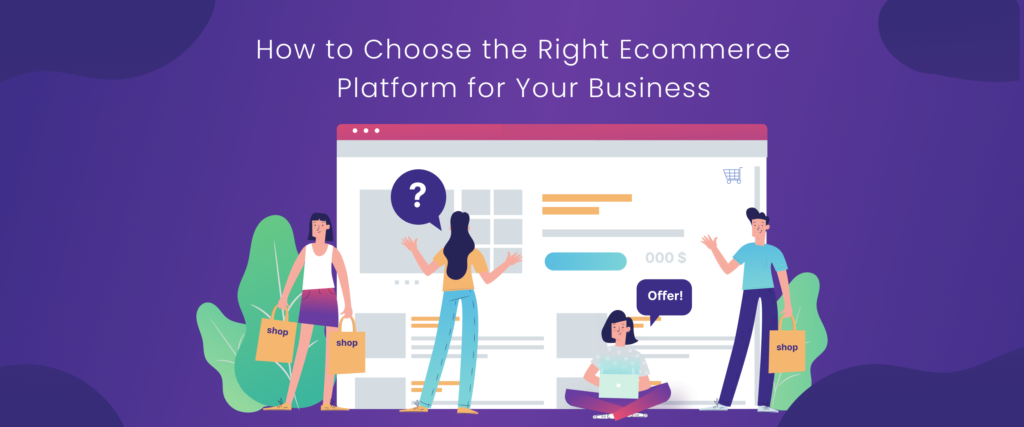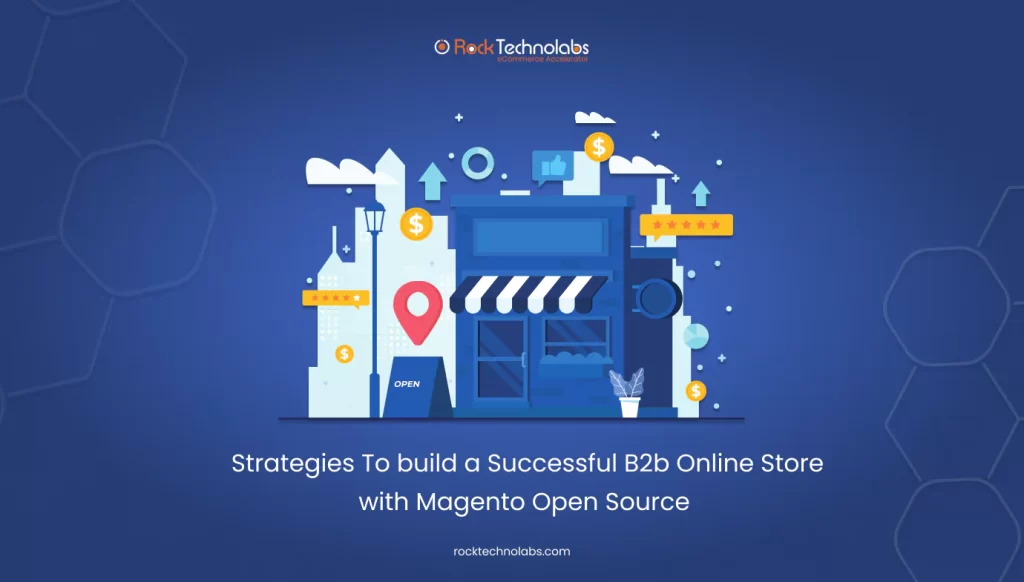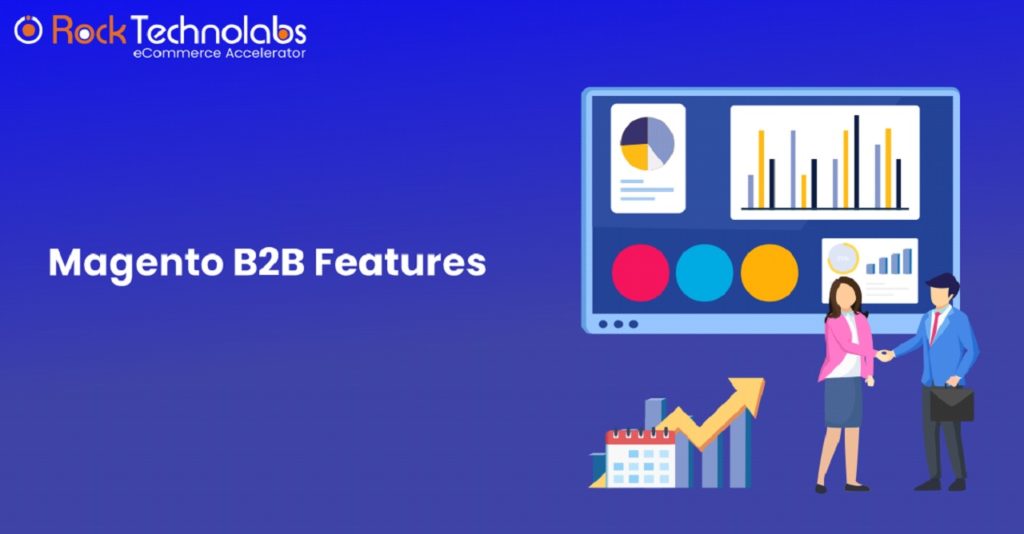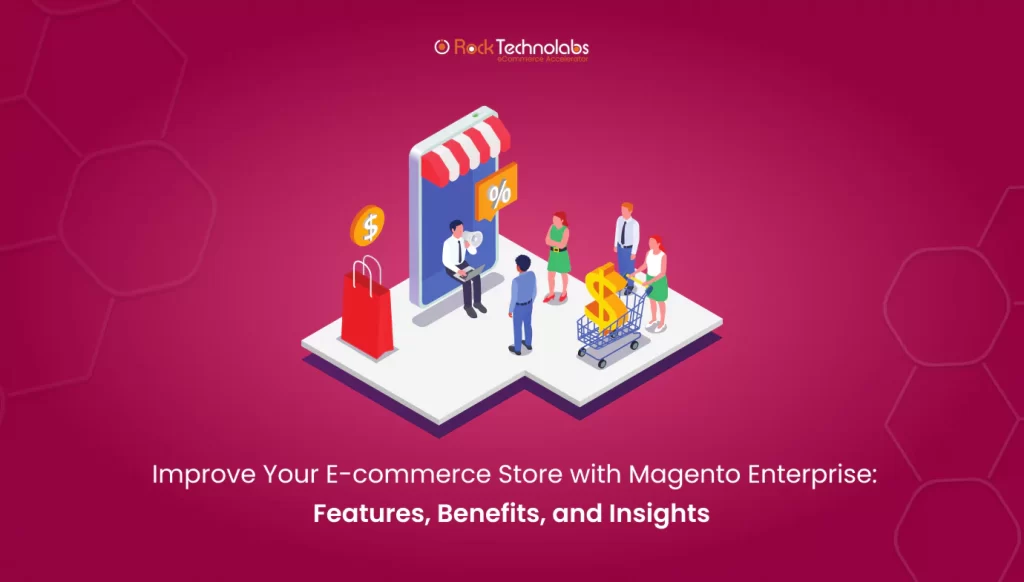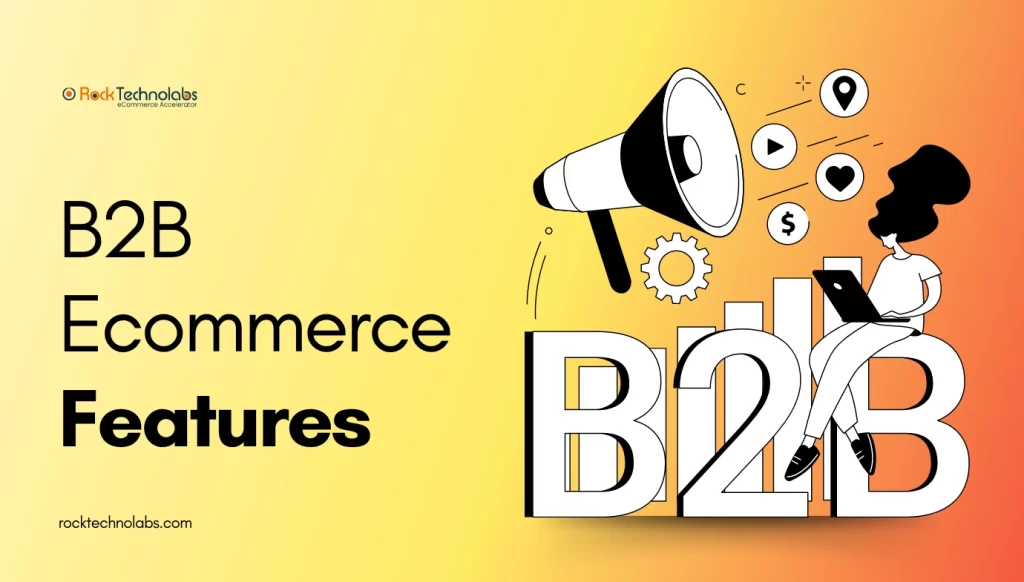E-commerce, short for electronic commerce, refers to the buying and selling of goods and services through electronic channels, typically conducted over the internet. This involves various online transactions such as online shopping, electronic payments, online auctions, and online ticketing. E-commerce often utilizes technologies such as electronic funds transfer (EFT), mobile commerce, and supply chain management systems to facilitate secure and efficient transactions between businesses, consumers, and governments. E-commerce has revolutionized the way businesses operate and interact with customers, enabling them to reach a wider audience and conduct business more efficiently than ever before. Online businesses are expected to continue to increase in the coming years, driven by the growing adoption of mobile devices, increased internet penetration, and the rise of social media platforms. RECOMMENDED READ : eCommerce Advantages and DisadvantagesNumerous e-commerce platforms are available as offline retailers are now transforming their business into online store, plus each ecommerce platform has its unique features and capabilities. Some popular e-commerce platforms include Shopify, WooCommerce, Magento, and BigCommerce. BigCommerce and Adobe Commerce (formerly Magento Commerce) are both popular e-commerce platforms with their unique features and capabilities. Let’s see each features in details.
What is Adobe Commerce (Magento)?
Adobe commerce, previously Magento, is an open-source e-commerce platform used to build online stores and marketplaces. It was first released in 2008 and is now one of the most popular e-commerce platforms in the world. Adobe Commerce is an open-source platform with extensive customization options and advanced features suitable for larger businesses.Magento is a popular e-commerce platform that offers two editions, Magento Open Source and Magento Commerce (Enterprise), to cater to the needs of different businesses. Magento Open Source is a free, open-source platform that provides a basic set of e-commerce features, such as catalog management, checkout, and payment options. It is an ideal choice for small and medium-sized businesses with a limited budget that require basic functionality. On the other hand, Magento Commerce (Enterprise) is a paid edition that offers more advanced features such as advanced search, personalized content, and customer segmentation, making it suitable for larger businesses with more complex requirements. Additionally, Magento Commerce (Enterprise) provides additional support, security, and scalability features to meet the demands of larger businesses. LEARN MORE : Magento Open Souce Vs Magento Commerce It offers a range of features such as search engine optimization, marketing and promotional tools, product management, and order processing. Additionally, Magento has a large community of developers who contribute to its development and offer support to users. As an open-source platform, Magento allows for vast customization and integration with other systems, enabling businesses to tailor their online stores to their specific needs.
What is BigCommerce?
BigCommerce is a cloud-based e-commerce platform that enables businesses to build, launch, and manage online stores. It was founded in 2009 and has since become popular for businesses of all sizes, from small startups to large enterprises. BigCommerce offers a range of features, including responsive themes, mobile optimization, and a user-friendly interface that allows for easy customization of online stores. The platform also offers tools for managing products, orders, payments, shipping and integrations with popular services such as Amazon, eBay, and Google Shopping.
What is the difference between Magento and BigCommerce?
Magento and BigCommerce are popular e-commerce platforms enabling businesses to create and manage online stores. While both platforms offer a range of features and functionality, key differences between them can impact the choice of which platform to use.
1. Features and Functionality
Finally, there are differences between Magento and BigCommerce regarding their features. Magento is known for its robust feature set, which assists in smooth business workflow.
Magento features:
- Catalog Management – Catalog management allows admins to create products and categories which can be properly seen on different devices. Also, you can add various product attributes, schedule price changes, use advanced pricing tools, group products as per their size and color, leverage automatic product image resizing, and more.
- Inventory & Order Management – In this, Magento provides features to manage orders efficiently and maintain product quality. You can easily track the availability of stocks, manage invoices and shipments, and set up custom billing & checkout process. In addition, merchants can create email notifications, re-orders, and add stock & bulk actions.
- Integrated B2B functions – Merchants can configure custom catalogs and create order forms and requisition lists, improving customer loyalty and re-ordering. Plus, you will get B2B reports, enable quick ordering, and manage company accounts.
- Payment & Financing services – One-stop shop with multiple storefronts and unlimited payment processing. Magento includes world-top payment gateways like PayPal Express Checkout and Braintree. Plus, admins will get built-in offline payment methods for cash-on-delivery. Moreover, Magento gives support for PCI compliance guidelines too.
When we talk about BigCommerce in this aspect, it offers a more streamlined feature set that is user-friendly and easy to leverage. While this can make it less complicated for businesses to start, it may not offer the same customization and functionality as Magento. Let’s have a deep look at its features.
Big Commerce Features:
- Customer Group & Segmentation – In BigCommerce, you can easily classify customers into various groups, which is very crucial for B2B storefronts. You can create membership groups for whom you want to offer items at lower prices, & coupons, segment customers for loyalty programs, and create tax-exempt groups.
- Abandoned Cart Saver – This feature helps retailers send automated emails to all those shoppers who abandoned the cart before making the actual purchase. Plus, it comes with fully customized options to form more personalized designs, content, and timing.
- Set Ratings & Reviews – BigCommerce has a system for customer ratings & reviews, which can be displayed on any product page. BigCommerce also offers customizable templates for email invitations to give reviews of recently bought items, plus sellers can go for more advanced options too.
- Limitless storage, bandwidth, & catalog size – Yeah, its biggest feature is, BigCommerce doesn’t impose limits for specific storage space, catalog size, and the request your website receive within a month. And it works very well when you optimize your store and clean design and other assets.
2. Pricing and Cost
Pricing is another important consideration when choosing between Magento and BigCommerce. One of the key differences between the two platforms is their pricing structure. BigCommerce offers more affordable pricing options, making it a popular choice for smaller businesses, while Adobe Commerce’s pricing tends to be higher, but it offers a more comprehensive feature set and scalability for larger businesses.
BigCommerce pricing
BigCommerce is a subscription-based platform, meaning businesses must pay a monthly fee to use the platform. While this can make budgeting and managing costs easier, businesses may find that the monthly fees can add up over time. BigCommerce pricing starts at $29 per month for the Standard plan, which includes features such as unlimited products, storage, bandwidth, professional reporting, and 24/7 support. The Plus plan, which offers more advanced features such as abandoned cart recovery and custom SSL, starts at $79/month. BigCommerce also offers an Enterprise plan, which is customizable based on the business’s specific needs and requires a consultation for pricing.  Image source
Image source
Magento Commerce pricing
Magento is a free and open-source platform, meaning there are no upfront costs associated with using the platform. However, businesses must pay for hosting and other services, such as payment gateways, which can add to the overall cost. Magento Commerce pricing is not as straightforward as BigCommerce, as it offers a range of plans based on the size and complexity of the business. For businesses with higher sales volumes, the Scale and Enterprise plans offer more advanced features and customization options. The pricing for these plans is determined on a case-by-case basis, and businesses must contact Magento directly for a quote. LEARN MORE : Magento Pricing: The Cost of Building a Magento Website?
3. Hosting and Deployment
Adobe Commerce Cloud is cloud hosted. BigCommerce is a securely hosted ecommerce platform.
Why is Magento better than BigCommerce?
There are several reasons why Magento 2 may be a better choice for businesses in certain situations.
1. Open-Source Platform
Magento is an open-source platform, meaning it is highly customizable and flexible. Businesses can modify the codebase, create custom features, and integrate with other systems. This level of customization is not available on BigCommerce, a closed platform with limited customization options. You can opt for a number of powerful extensions, such as SEO and accessibility plugins.
2. Scalability
Magento is known for its scalability, making it ideal for businesses of all sizes. The platform can handle large volumes of traffic and transactions without compromising performance. BigCommerce, on the other hand, may struggle to handle high volumes of traffic and transactions, especially for larger businesses.
3. Multi-Store Capabilities
Magento offers multi-store capabilities, meaning businesses can manage multiple online stores from a single platform. This can save time and effort, as businesses can manage all their online stores in one place. BigCommerce does not offer multi-store capabilities.
4. Extensive Feature Set
Magento offers an extensive feature set, including advanced inventory management, product bundling, and multi-language support. Additionally, because Magento is open-source, many extensions are available to enhance the platform’s functionality. BigCommerce offers a more simplified feature set, which may not be sufficient for businesses with more complex needs.
5. Community Support
Magento has a large community of developers and users who contribute to its development and offer support to users. This means that businesses can benefit from the knowledge and expertise of the Magento community, which can help them to resolve issues and customize the platform to their specific needs. BigCommerce has a resource community where developer can check tools and resources.Here is a table highlighting the main differences between Magento and BigCommerce:
| Features | Magento | BigCommerce |
| Platform Type | Open-source | Open SaaS Platform |
| Customizability | Highly customizable | Limited customization options |
| Multi-Store | Yes, with one admin panel | No capabilities |
| Pricing | Higher cost for larger businesses | Subscription based pricing model |
| Scalability | Highly scalable, suitable for businesses of all sizes | Can struggle with high volumes of traffic and transactions |
| Feature Set | Advanced inventory management, product bundling, multi-language support, extensive extensions and plugins | Streamlined feature set, may not be sufficient for businesses with complex needs |
| Community Support | Large community of developers and users | Limited community support |
| Hosting Can be | Self-hosted or cloud-hosted | Cloud-hosted only |
| Security features | Robust security | Strong security |
Bigcommerce vs Adobe Commerce: Final Conclusion
Ultimately, the choice between BigCommerce and Adobe Commerce will depend on the specific needs of the business. Small businesses looking for an affordable and convenient platform may prefer BigCommerce, while larger businesses with complex needs may find Adobe Commerce’s advanced features and customization options more suitable. While BigCommerce offers a smooth-running platform for small to mid-sized businesses, Magento’s open-source platform, robust feature set, scalability, and community support make it the better choice for businesses that require more advanced features and customizability. Therefore, for businesses seeking a comprehensive e-commerce solution with room for growth and customization, Magento 2 is the superior choice. Need any help regarding your online store? Schedule a free meet or simply contact us.





